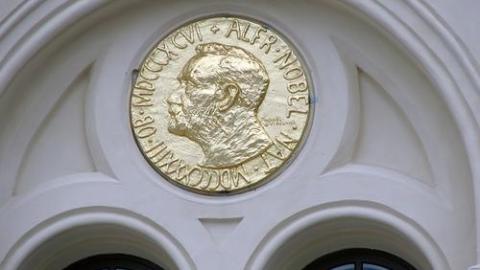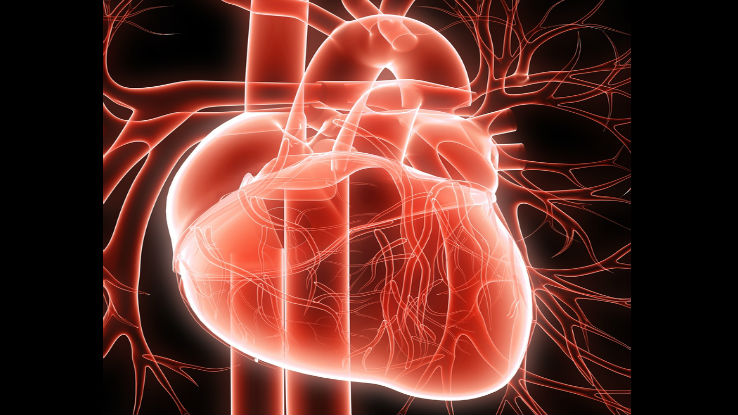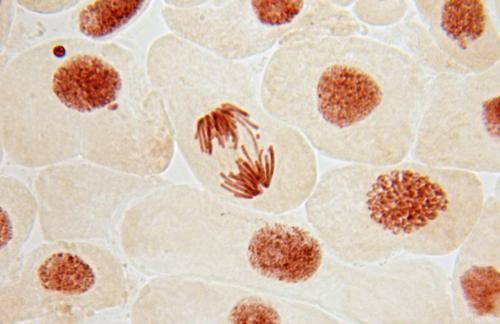Two Nobel Prizes Honor Achievements in Medicine

The 2012 Nobel Prize for Medicine
This year’s Nobel prizes for medicine and chemistry both recognize sizable advancements in modern medicine. The Nobel prize for medicine was given to a pair of researchers responsible for creating a fundamental kind of stem cell, known as “ur” cells, from ordinary cells in the body. Previously, these ur cells were only derived from embryonic cells, creating ethical dilemmas about embryo destruction. But by manipulating the genetic contents of adult mouse cells, the researchers tricked cells into thinking they were part of an embryo. Stem cell treatments may create a new field of regenerative medicine, allowing organs to be repaired without being replaced.
The 2012 Nobel Prize for Chemistry
The prize for chemistry was awarded to two American researchers who laid the groundwork for the study of what are known as G-protein-coupled receptors. These receptors, of which there are a 1,000 different kinds, help determine how certain tissues will react to new pharmaceutical drugs. “The consequence has been a revolution in medical understanding, for it is now known that about half the drugs on the market work by interacting with G-protein-coupled receptors.” It may be possible, therefore, to devise medicines that carry fewer negative side-effects.
Photo credit: Shutterstock.com





